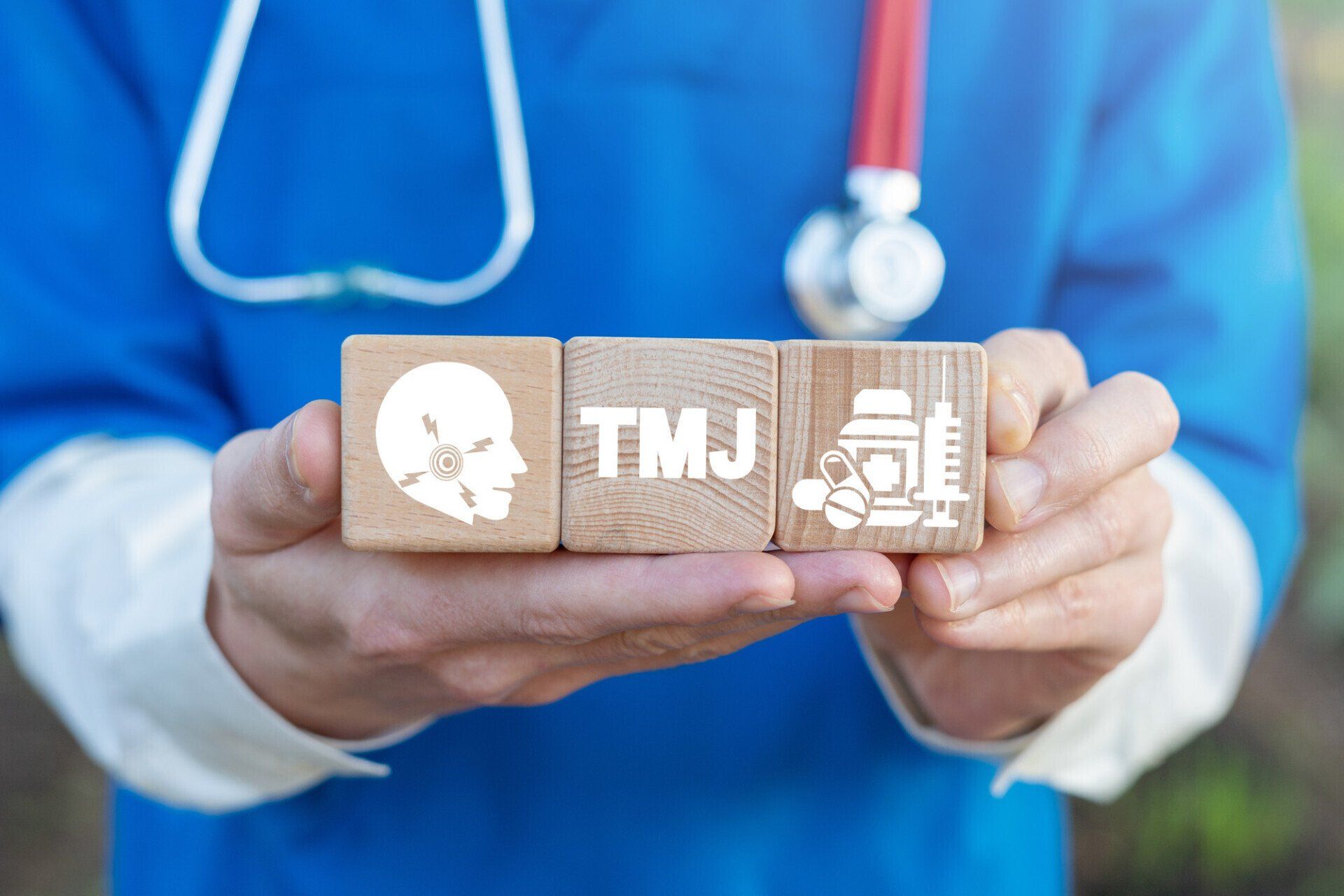What To (Really) Expect From TMJ Surgery

Were you aware that 1 in 12 people in the United States suffers from a TMJ disorder? That is 12 percent of the population or roughly 35 million people. Despite these high numbers, only about 50 percent of people affected will actually get treatment for TMJ.
If you are one of the people affected by this kind of disorder, surgery can be one of the most effective methods of treating it. But what is TMJ surgery and what can you really expect from the process?
Read on to learn about TMJ surgery and its recovery process.
Candidates for TMJ Surgery
Someone who is suffering from a temporomandibular joint (TMJ) disorder can experience a lack of mobility, pain, and stiffness in the hinge-like joint where your jaw and skull meet. It can make talking, chewing, and all other movements of your jaw very difficult.
If you feel consistent and intense pain when you open or close your mouth or have trouble doing so all of the way, your doctor may recommend TMJ surgery. They may also look for signs of difficulty eating and drinking because of mobility issues and signs of the pain and immobility getting worse.
If your doctor finds that you have structural problems or diseases affecting your jaw joint and which can be seen with an MRI, they will also recommend that you turn to surgery.
Keep in mind that if the symptoms of TMJ are not severe or consistent and you can open and close your mouth completely, your doctor will likely recommend other treatment options, like mouthguards, oral splints, or
dental TENsing.
Types of TMJ Surgery
There are a number of TMJ surgery options your doctor may recommend. Let us look at these options closer to see what they offer.
Arthrocentesis
Arthrocentesis involves injecting fluid into the joint. The fluid helps reduce inflammation and can remove chemical byproducts as well as pressure that can cause the joint to be stiff. It will help you gain some more movement.
This is a minimally invasive procedure that usually allows people to go home that same day. With an
80 percent success rate and a quick recovery time, it is a popular option.
Arthroscopy
For this surgery, your doctor will open a hole or a few small holes in the skin above the joint and then will insert a cannula, which is a narrow tube, into the joint. A tool that has a light and a camera, called an arthroscope, goes into the cannula so your doctor can see the joint. Through this cannula, the doctor can use tiny tools to fix the issues the joint may have.
This procedure allows doctors to perform a
number of treatments, like joint reshaping, scar tissue removal, and the injection of medicine. With an arthroscopy, the recovery time is about a week.
Open Joint Surgery
This type of surgery is an invasive procedure that requires general anesthesia and that can mean an overnight stay at the hospital. If your doctor cannot reach the affected area with an arthroscopy, if there has been a fusion of joint tissue, bone, or cartilage, or if there is a lot of tissue or bone growth that prevents the joint's movement, this can be the right surgery option.
If the disc is damaged or out of place, the doctor will also be able to reposition or repair it. In instances where it is not possible to repair the disc, a replacement is necessary. The replacement can be artificial or made out of your own tissue.
TMJ Jaw Surgery Recovery
The recovery process can vary from person to person, depending on many factors. The type of surgery you have will also affect your recovery.
Since all but open joint surgery are outpatient procedures, you can expect to be home on the same day of the procedure. You will have had some form of anesthesia, so be sure that someone can drive you home after the surgery because you will still feel some of its effects.
If possible take a few days off work to allow yourself to heal after the procedure. Hydration after surgery, even a minimally invasive one, is essential.
You may have a bandage around your head to keep the wound dressing in place, as well, so listen to the instructions your doctor gives you about how to manage it. Usually, you will have to cover the bandage before showering and replace it every few days. Your doctor will tell you what antibiotic creams you may need to apply.
For any pain you may experience, take nonsteroidal anti-inflammatory drugs, or NSAIDs, for the first couple of days after the surgery. Avoid solid foods, which can put a strain on the joint in your jaw. For two or three weeks, stick with soft foods or even a liquid diet.
If you feel swelling, you will want to apply a cold compress to the affected area, while warm compresses can offer relief from discomfort.
Two or three days after the procedure, you will need to see your doctor for a checkup. If any stitches you received have not dissolved on their own, this is when the doctor will remove them. In some instances, you may also have to see a physical therapist to regain motion in your jaw and to prevent swelling from affecting the joint again.
Get the Pain Relief You Need
You do not have to live with the pain and limited motion that TMJ disorders cause. TMJ surgery can offer the relief you need. By turning to experts like us at Dental Care Burke, you can get some of the best providers of TMJ surgery in Virginia on your case.
Contact us today to book your visit!












